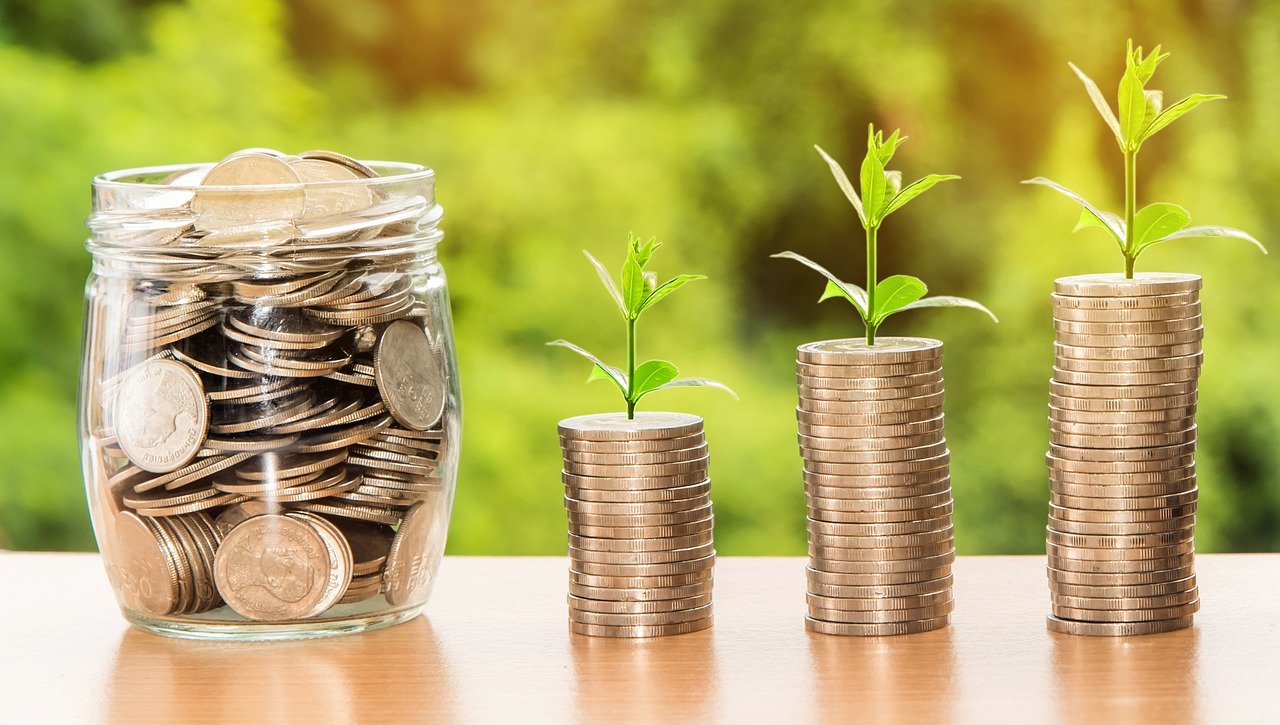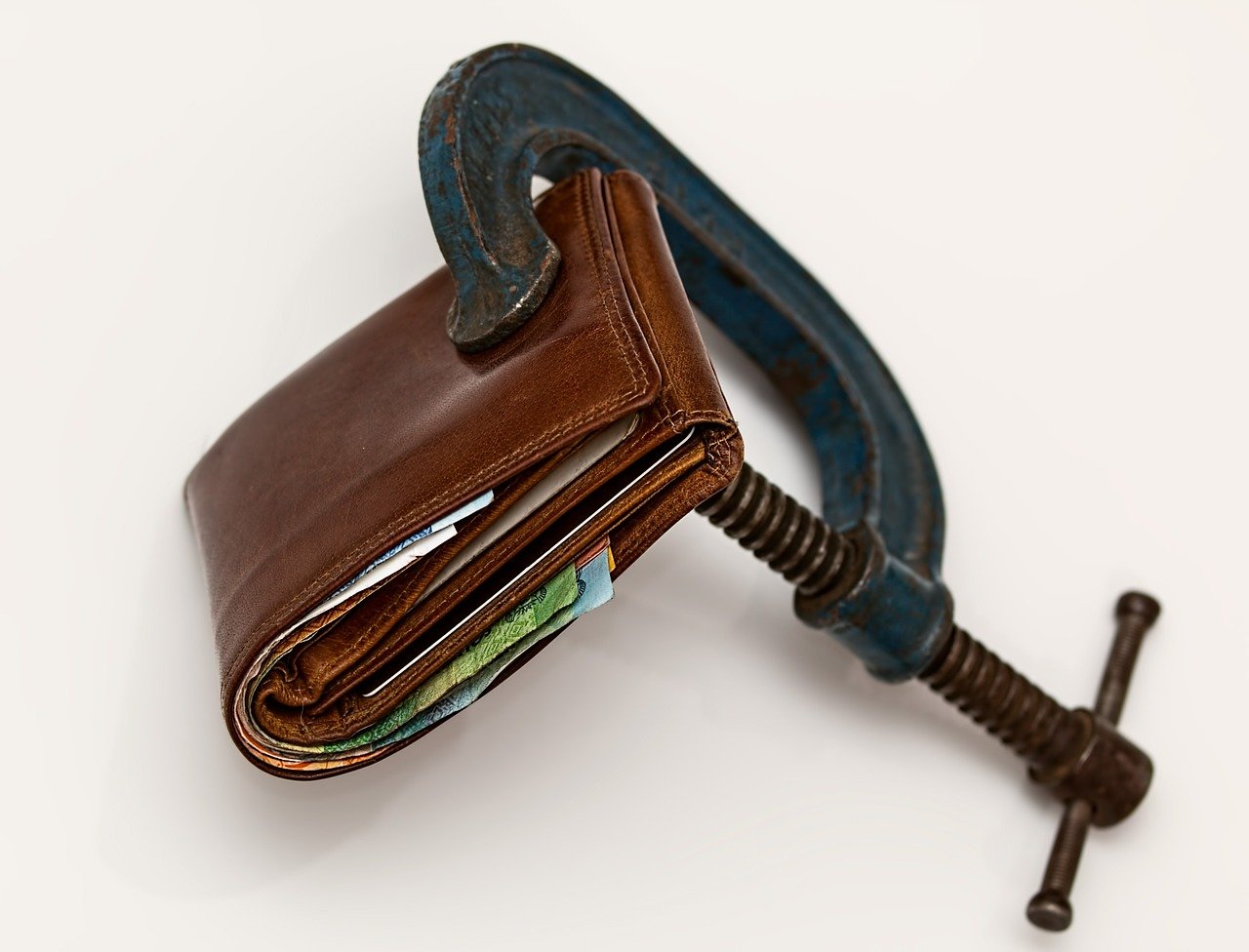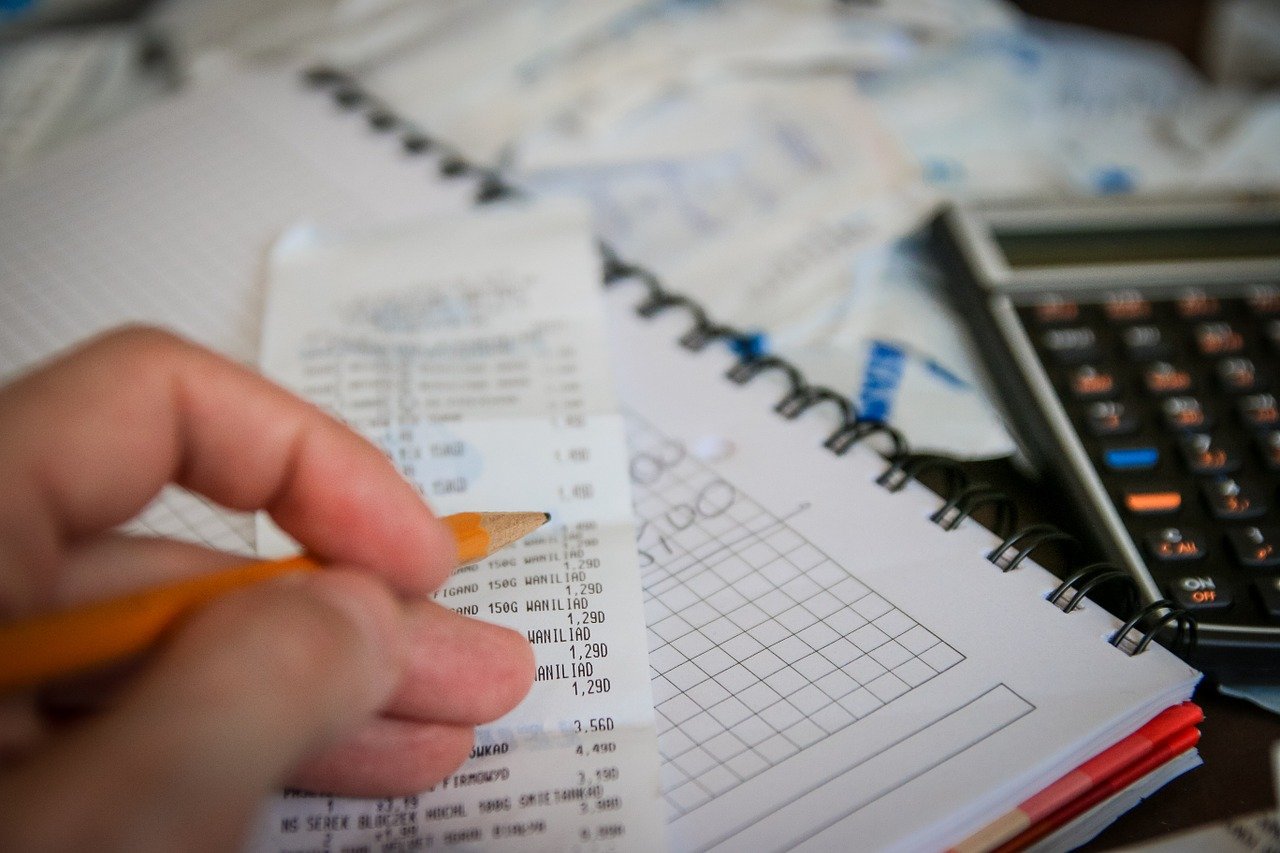Being green is good for the world … and for you. How about learning to simplify your life? The world? It changes day after day. To overcome the crisis with ingenuity and new lifestyles. How to review consumption to reduce expenses and get out of the crisis.

Source: Pixabay
Sharing economy – Sharing saves
Create a solidarity network between friends and acquaintances: for example, a subscription to a condominium wireless internet network allows you to access an important service by sharing costs. Set up a purchasing group for the cost of fruit and vegetables: you will be able to obtain discounts and buy a higher quantity of goods at a lower price to divide among all. The sharing economy, literally shared economy, is a road to the future, because using a service, starting with the babysitter or the car, allows you to multiply energy and divide the costs.
How to reduce expenses
Holidays, social life, and telephone expenses have shown to be the superfluous goods that the average population gives up. Learn to inform yourself and compare the news: today there are several companies, from telephone companies to gas or electricity, which provide services with costs that can be very different. Taking the time to evaluate the best option for your needs will save you money: keep a folder in a drawer with all your household expenses, useful for having the situation under control.

Source: Pixabay
Contact your bank and see if your credit cards are still affordable. Today the online current account and alternative methods such as payments and transfers via the internet instead of at the counter allow lower rates, able to cut bank costs by up to 65%. A reloadable credit card to use for family expenses is convenient and practical for family financial management and allows you to easily organize all expenses.
If you are two, learn to work as a team: the sacrifices to pay off debts if faced together can be an important step for the couple and constitute an incentive to support each other.
The ecological (and economic) house

Source: Pixabay
A behavior attentive to ecology is good for the world … and for your purse! If you live in a house you own, consider converting to solar panels for hot water and thermal insulation, investments that in the long term will allow you to save significantly on your bills. Turn off the water while brushing your teeth or showering, avoid leaving appliances on standby, choose energy consumption classes A, A ++, A +++: these simple measures will have direct consequences on your bill. Even the washing machine helps savings, with quick washes at 30 °, you can wash almost everything, lowering your bill costs.
How do you shop?

Source: Pexels
Do a simple test: go to the supermarket and see what the cart of those around you contains. Despite the crisis, a substantial budget ends up in industrial biscuits and snacks, ready-made or packaged foods, however, these products cost significantly more than raw materials. Learning to cook is the first way to save money and at the same time ensure a healthy and natural diet. Compare prices and shop according to what you need: seasonal vegetables and fruit can be purchased at lower prices in the city fruit and vegetable markets, usually open to the public at set times.
Always read the label carefully: you will find that apparently unbranded item are produced in the same factories as famous houses. Buying basic raw materials, such as flour, sugar, milk, eggs is a saving that can affect the family budget and at the same time improve health: preparing bread at home or biscuits for breakfast is not difficult and once exceeded the first experiments will be fast and even fun, especially for the benefit of children, who will actually learn good eating habits.
A matter of priority
According to the average family, the payment in installments of the car is one of the heaviest expenses to bear. The question is not to give up the car or, conversely, to take responsibility for a thirty-year home loan, but simply to be aware of a fundamental fact: life is a matter of priority. You need to be aware of yours and, even more so if you share your daily life with a partner or have children, plan what is really useful and what is not.
The crisis has taught us that it is time to reverse the trend with respect to the consumption of goods that, in reality, we would frequently not be able to access: make it a habit to choose to save first and buy later, instead of installment payments which, finally, they can be burdensome on the monthly budget, as well as burdensome due to the interest rate, which is little thought of.

Source: Pixabay
Change your approach to money: for a month, keep track of all your expenses and divide your expenses by categories. According to financial management experts, phantom expenses can take up more than a large part of the family budget. Have you ever noticed that most of the needs are induced by TV? Setting short-term goals can be a stimulus, but remember that, contrary to popular belief, experts also advise those in debt to build a budget, even a very small one, to be allocated to an unexpected expense or a small reward to share with the family.
As our grandparents taught, moderation and the tendency to save must be a way of life, but at the same time, we must not deprive ourselves of the small pleasures that make life pleasant. An aperitif or breakfast at the bar every day is a superfluous expense, once a week it will be a diversion to share with the people who inspire us.


